Ursula von der Leyen and the European Union have declared many times that it firmly stands with Ukraine and the Ukrainian people and will strongly support the country's economy, society, armed forces and rebuilding in the future. The question arises, however, for how long and at what cost we can stand with Ukraine.
Since the outbreak of the war, EU institutions and member states have provided Ukraine with more than €77 billion in loans and non-refundable aid. This amount includes €38.3 billion in economic aid, €17 billion in support for refugees in the EU, €21.16 billion in military aid and €670 million under the EU Civil Protection Mechanism. The EU has recently spent a huge amount of humanitarian aid, around €700 million, to provide Ukrainian civilians living in war-torn areas with medicines, medical supplies, basic foodstuffs and drinking water, and by financing the construct shelters.
By comparison, the European Union has an annual budget of €170-190 billion. It is clear that the EU is reacting relatively quickly in solidarity with Ukraine, deciding on new financial assistance and proposing additional forms of support within a short time.
Von der Leyen's European Commission has recently tabled a proposal to amend the EU's long-term budget for 2021-2027 to provide additional aid to Ukraine. That is, it would further fuel the ongoing war under the pretext of supporting Ukraine's modernization on the road to EU accession. According to the proposal, the European Commission would provide €50 billion in loans and grants to Ukraine. The problem is that at least that much money is currently missing from the EU budget, even with transfers between budget lines and all the financial tricks.
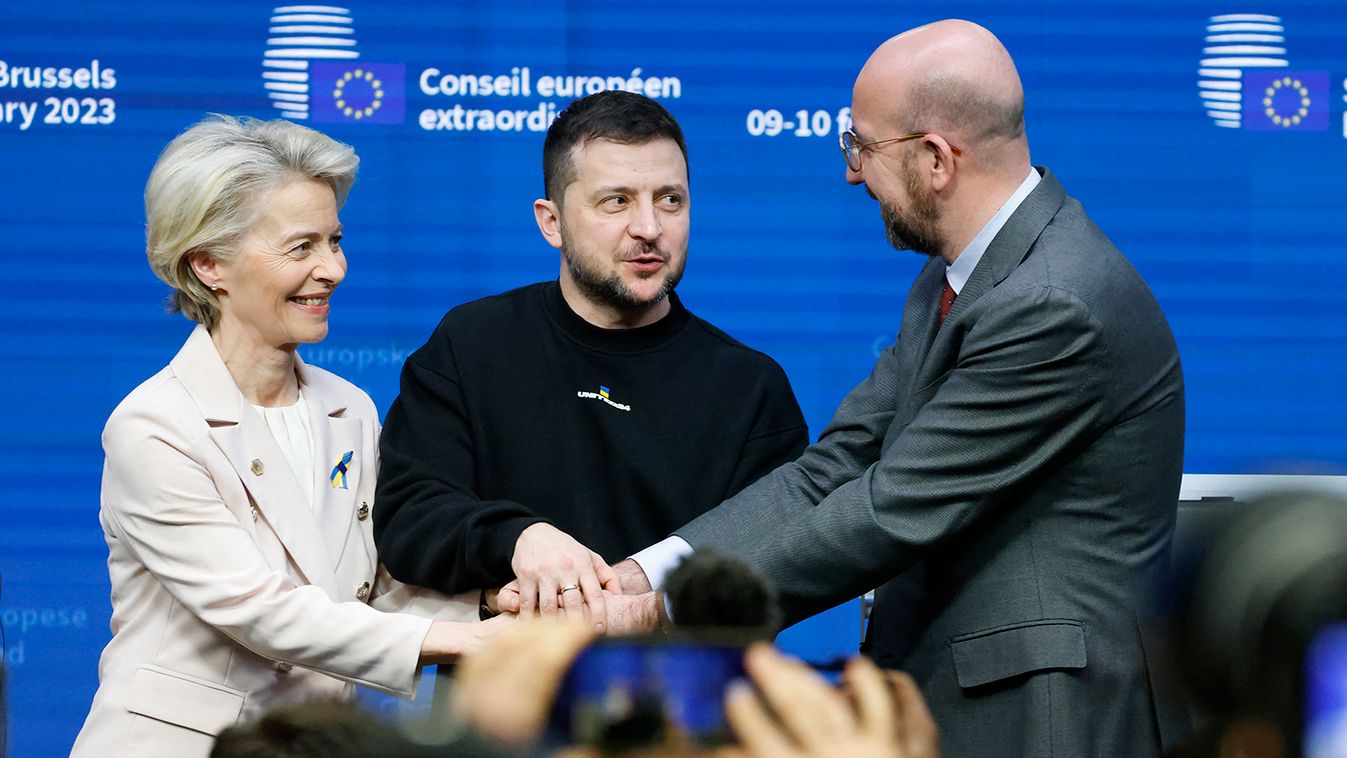
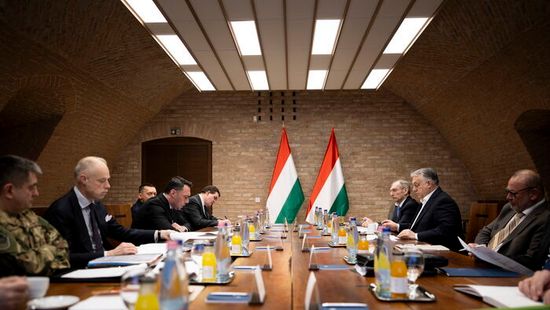
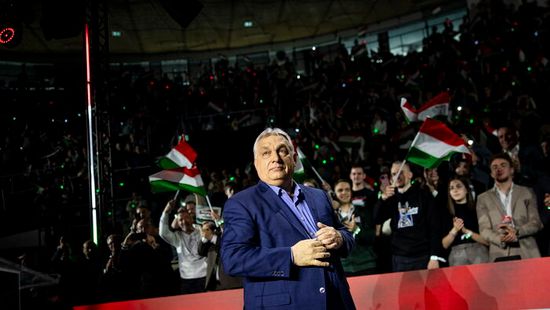
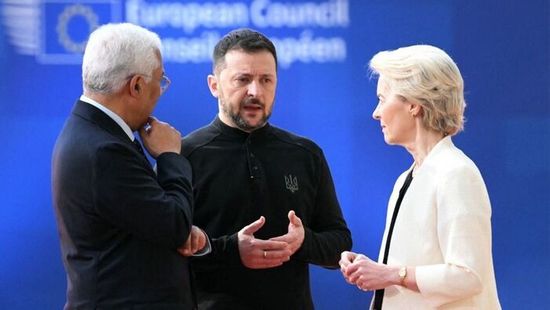
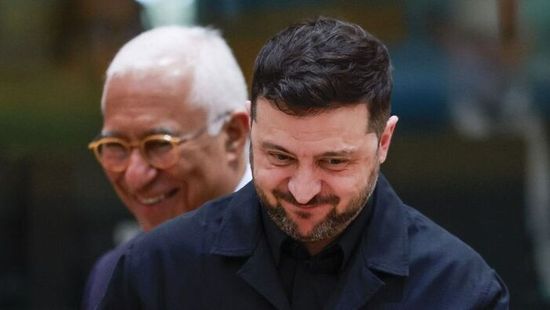

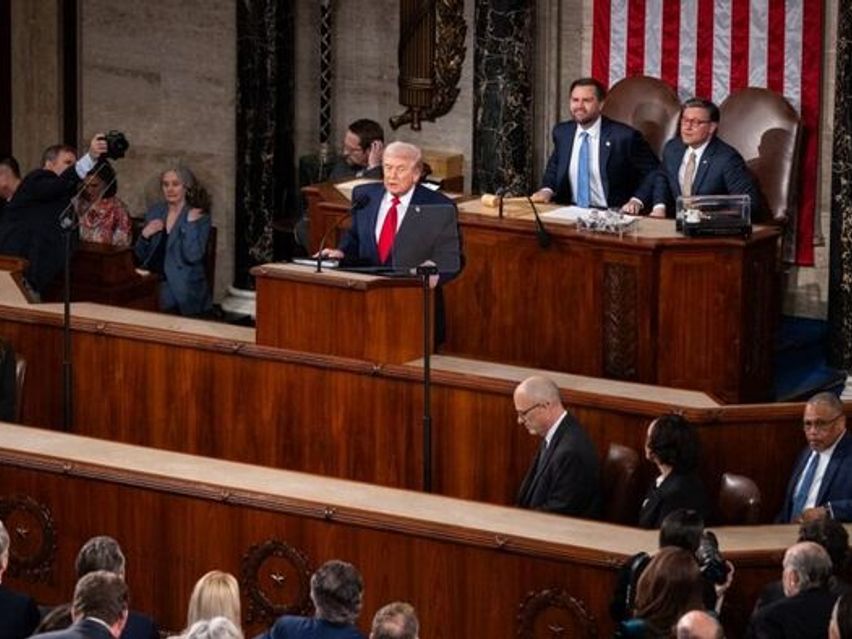


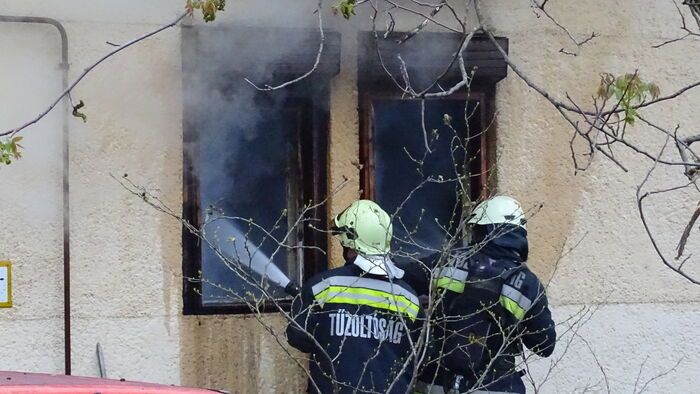

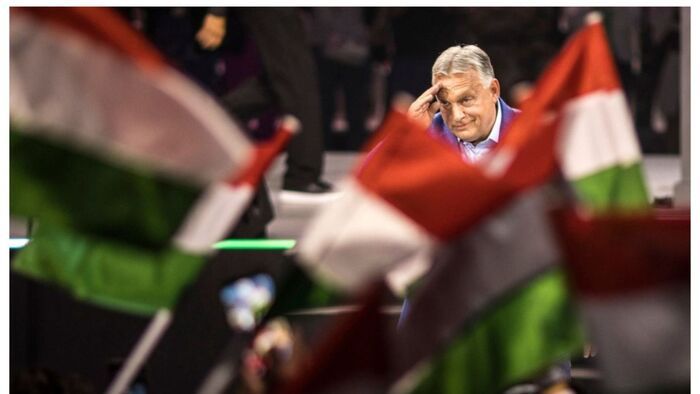
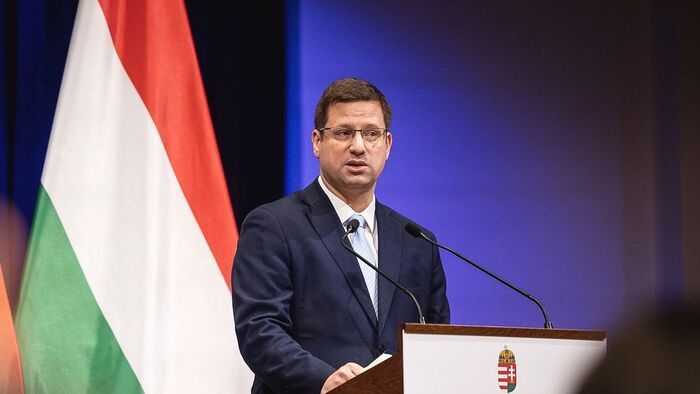

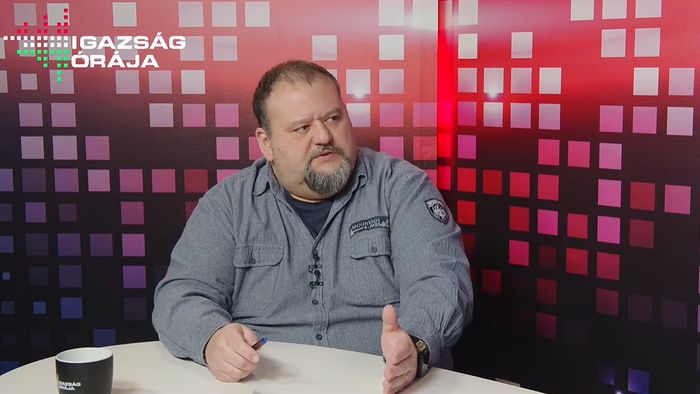
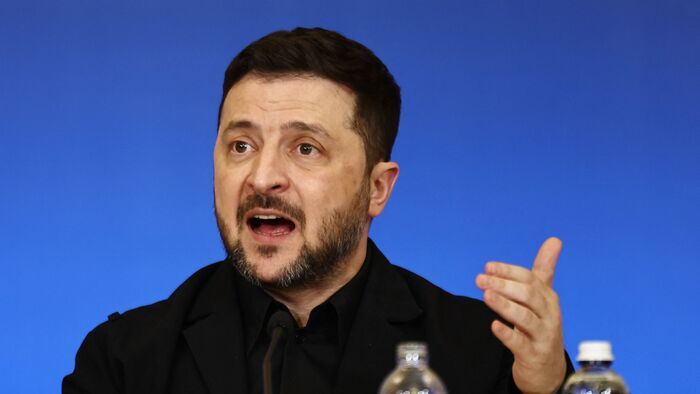
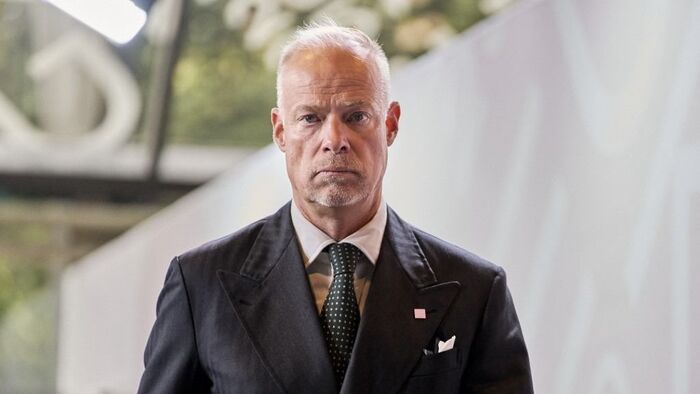
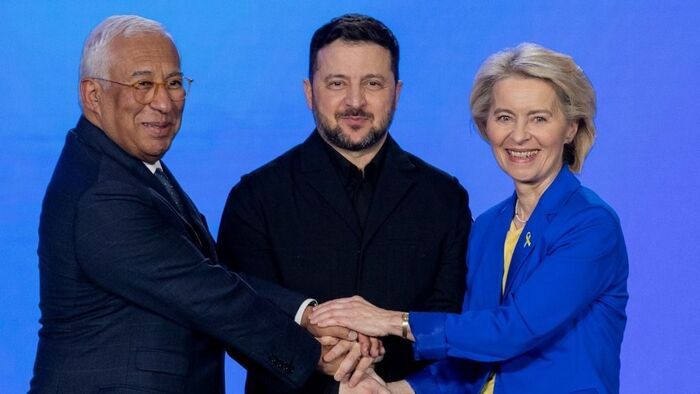


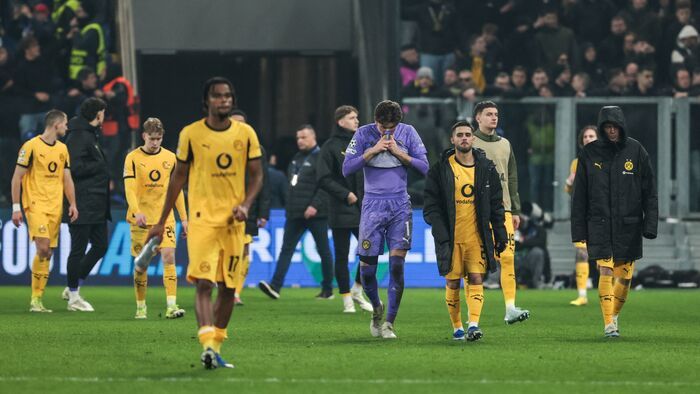

Szóljon hozzá!
Jelenleg csak a hozzászólások egy kis részét látja. Hozzászóláshoz és a további kommentek megtekintéséhez lépjen be, vagy regisztráljon!